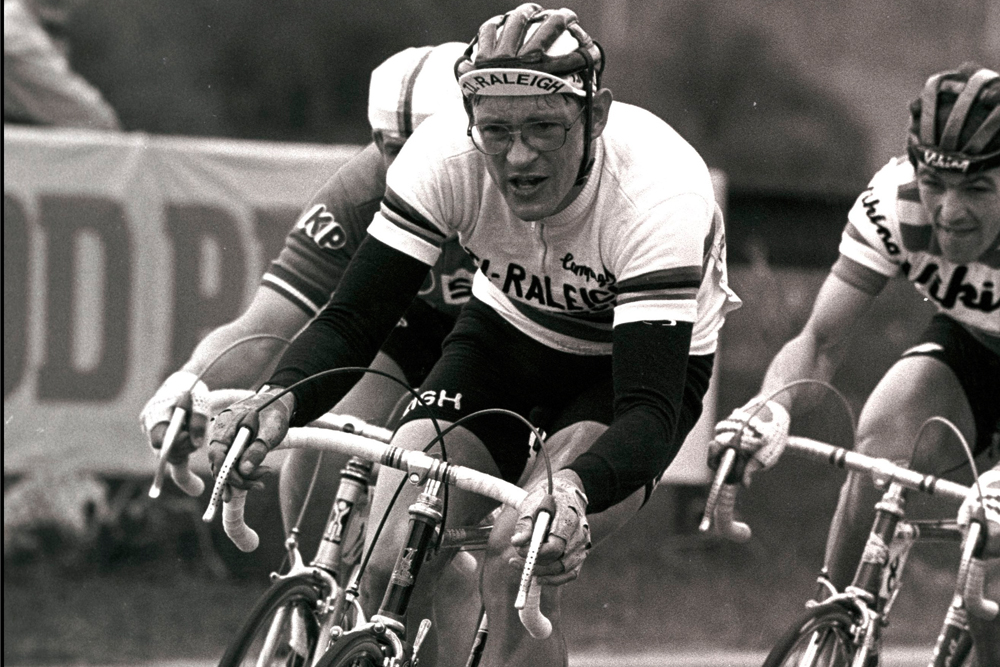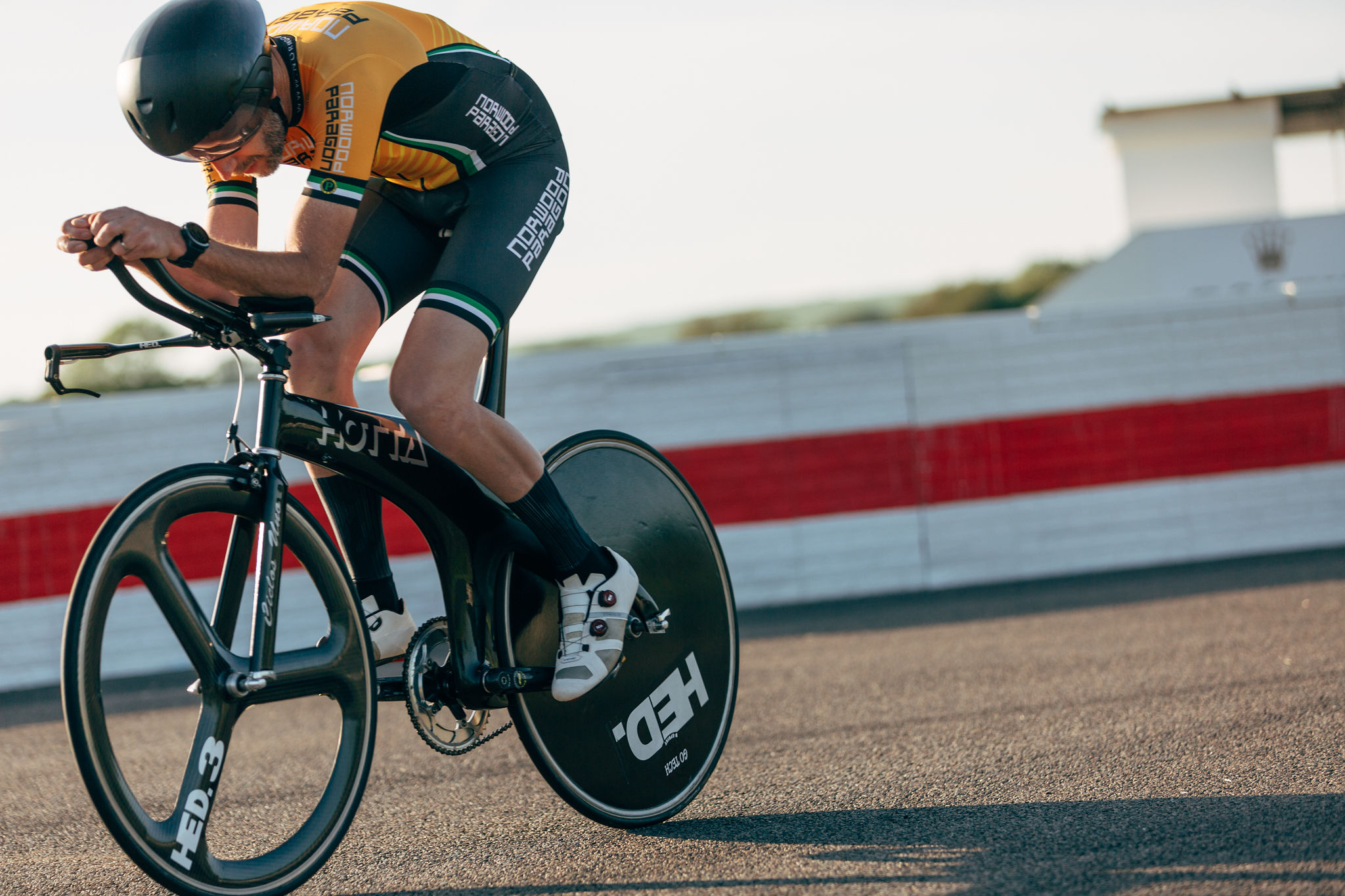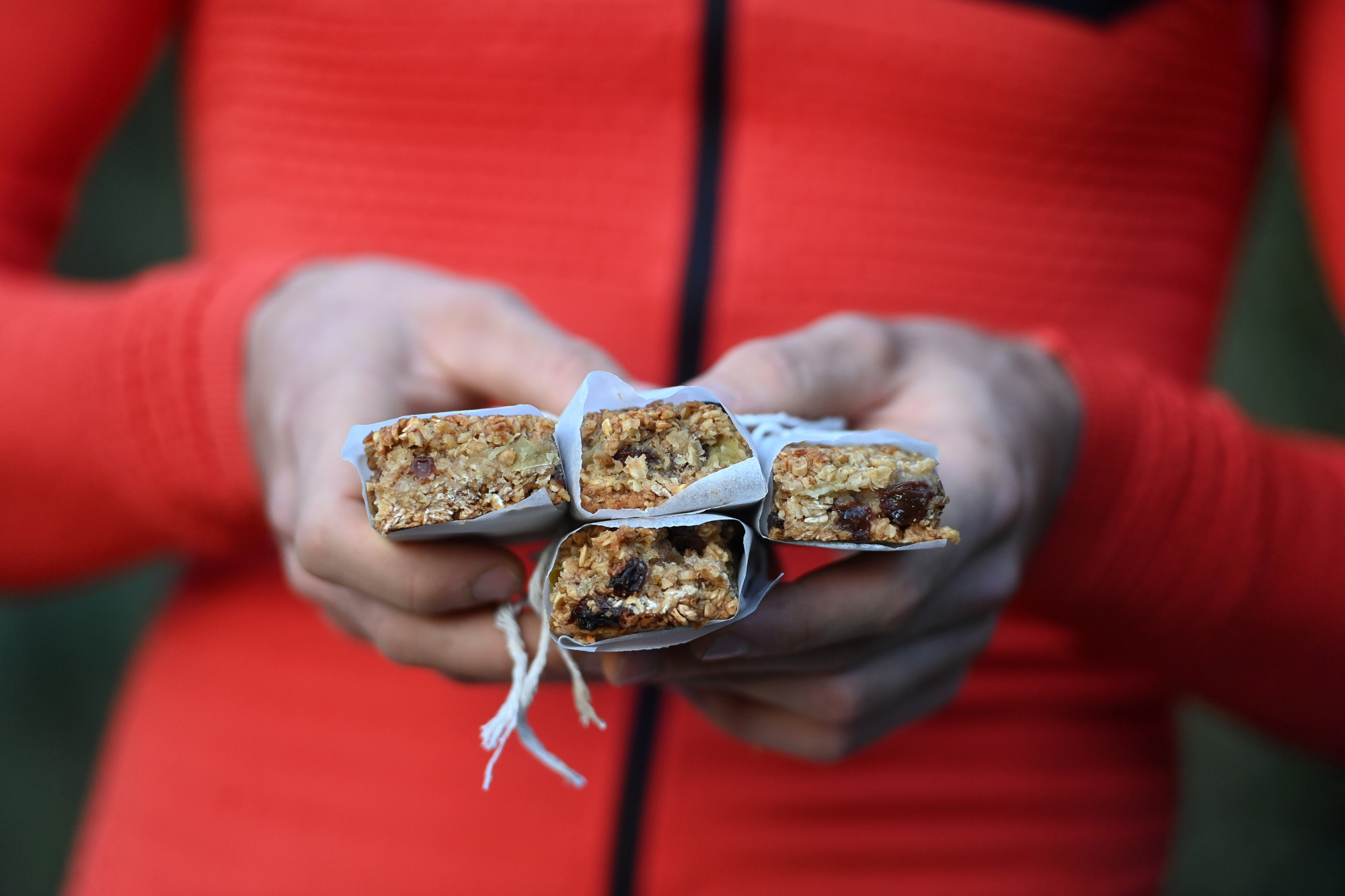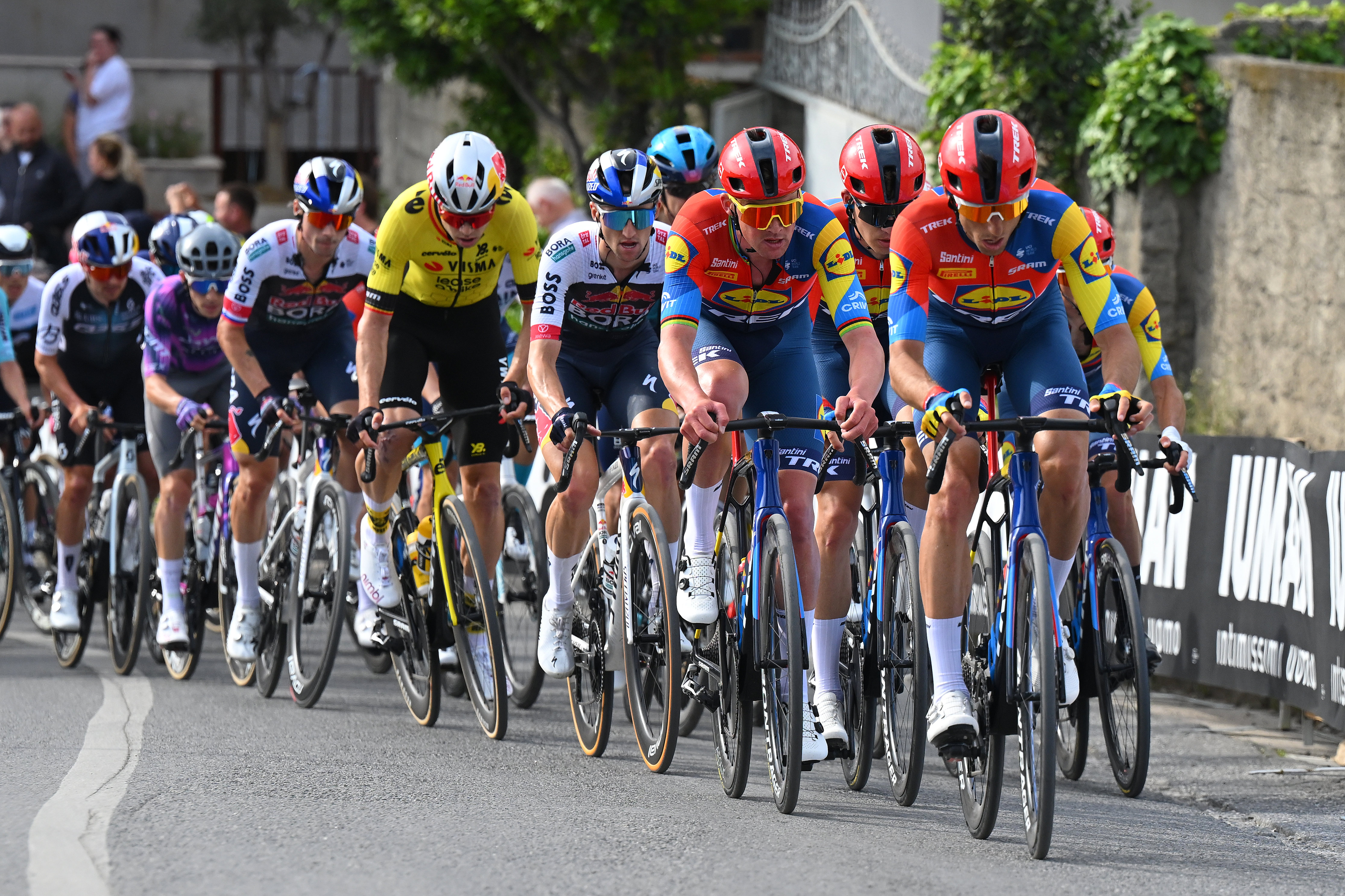Icons of cycling: Assos Lycra shorts
Now the essential piece of road cycling kit, but Lycra shorts have a relatively short history


If there’s one thing that defines road cycling — especially if you ask the man on the street — it’s Lycra shorts. Nowadays it’s inconceivable that they should be made from anything else, but until a Swiss former pro rider named Toni Maier-Moussa borrowed the aerodynamic styling and sleek fabric of downhill skiing, shorts and jerseys had been made from lumpy wool since the dawn of cycling.
Maier-Moussa, whose company, Assos, now produces arguably the best cycling clothing in the world, was a prolific inventor who had a knack for spotting how cycling equipment could be improved.
During the 1970s he poured all the money he earned from being Europe’s first Shimano distributor into developing his own components. There were aerodynamic rims, spokes, saddles, a chainset, a bottom bracket and the notorious Cinto, a steel cable that attached the rider to the stem to increase power (banned immediately by the UCI).
Ironically, the Lycra shorts came along almost by accident.
Stripping off the seconds
Maier-Moussa was testing a prototype carbon-fibre track bike. Calculating that the baggy, wrinkly woollen clothing the test rider was wearing was producing vast amounts of drag compared to the slippery teardrop-profiled tubes of his carbon-fibre bike, Maier-Moussa asked his rider to strip off and ran the protocol again with him naked.
>>> How much faster is an aero bike? (video)
There was a marked improvement. Next he put the rider in a ski suit and saw even better numbers. Encouraged, Maier-Moussa created the first cycling-specific Lycra clothing.
Get The Leadout Newsletter
The latest race content, interviews, features, reviews and expert buying guides, direct to your inbox!
Maier-Moussa’s daughter, Desirée Bergman-Maier, told Cycling Weekly when we visited Assos’s headquarters at San Pietro di Stabio last year: “My father had a small Swiss team that he sponsored and they were the first ones to wear these shorts. At the beginning he had to convince them — they were like, ‘no no, we’re not going to wear this!’ Then all the big teams came to him starting with Peter Post and Raleigh around 1977.”
>>> Cycling bib shorts: a buyer’s guide
Although the Assos Lycra shorts were two and three times more expensive than wool, the gain not only in aerodynamic performance but also their lighter weight and increased comfort made them a worthwhile investment, especially compared to what it might have cost to equip an entire team with Maier-Moussa’s revolutionary carbon-fibre bikes.
>>> Icons of cycling: the first Shimano STI gear shift system
The carbon-fibre bike, despite its incredible performance in the wind tunnel, was not quite fast enough in the real world to justify its astronomical cost. It would be another 10 years before Colnago collaborated with Ferrari to produce the next carbon bike. However, what the pro peloton did want at that moment was Lycra shorts — and they have done ever since.

Thank you for reading 20 articles this month* Join now for unlimited access
Enjoy your first month for just £1 / $1 / €1
*Read 5 free articles per month without a subscription

Join now for unlimited access
Try first month for just £1 / $1 / €1
Simon Smythe is a hugely experienced cycling tech writer, who has been writing for Cycling Weekly since 2003. Until recently he was our senior tech writer. In his cycling career Simon has mostly focused on time trialling with a national medal, a few open wins and his club's 30-mile record in his palmares. These days he spends most of his time testing road bikes, or on a tandem doing the school run with his younger son.
-
 Gluten-free cycling nutrition: you don't need wheat, barley or rye to fuel your rides
Gluten-free cycling nutrition: you don't need wheat, barley or rye to fuel your ridesMay is Celiac Awareness Month, and we're breaking down how to fuel effectively for peak cycling performance while avoiding gluten
-
 'I prepared for this the whole winter' - Mads Pedersen and Lidl-Trek ride plan to perfection to triumph at Giro d'Italia
'I prepared for this the whole winter' - Mads Pedersen and Lidl-Trek ride plan to perfection to triumph at Giro d'ItaliaA lot of teamwork and a perfectly-judged plan delivered Pedersen to the pink jersey on stage one